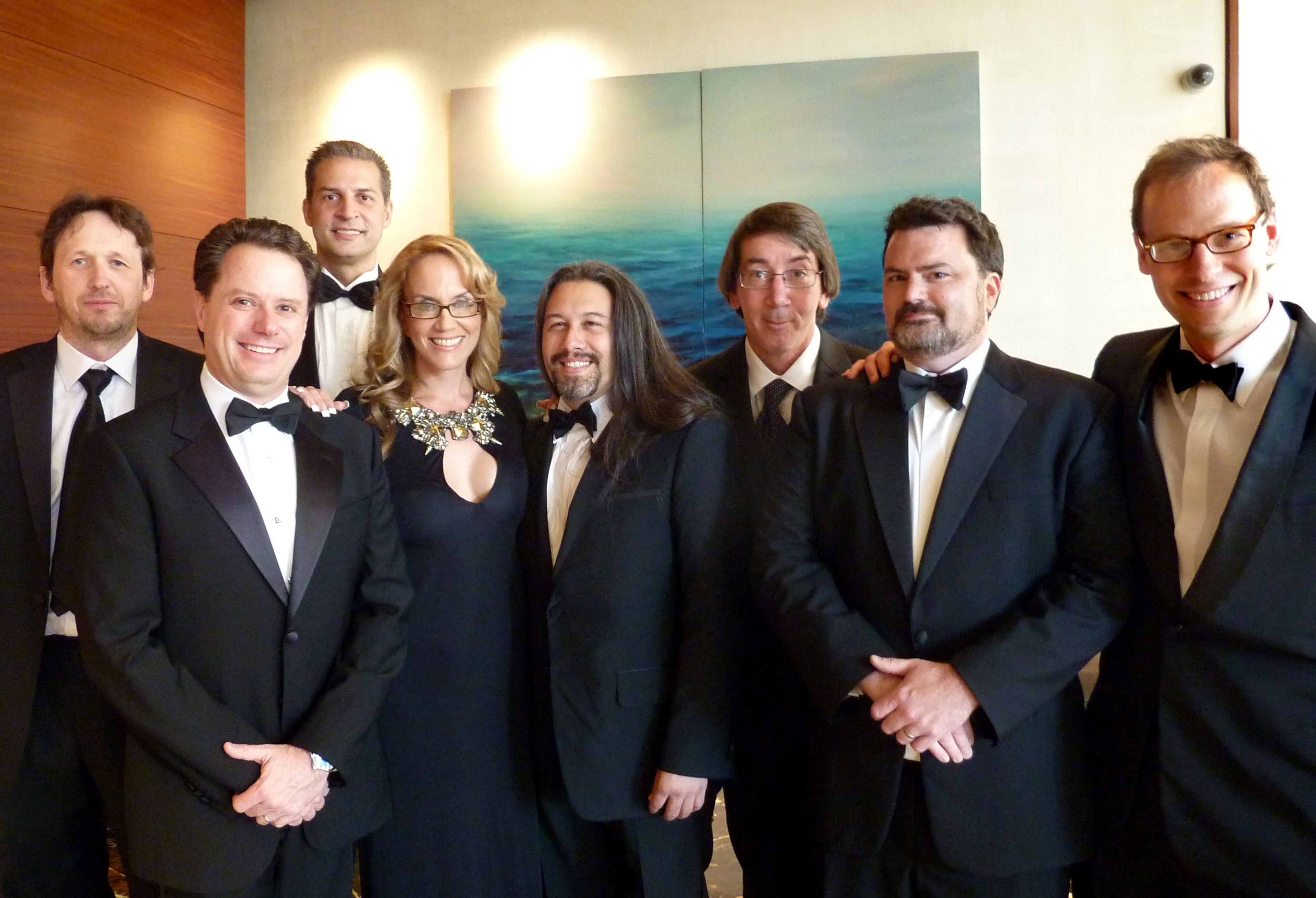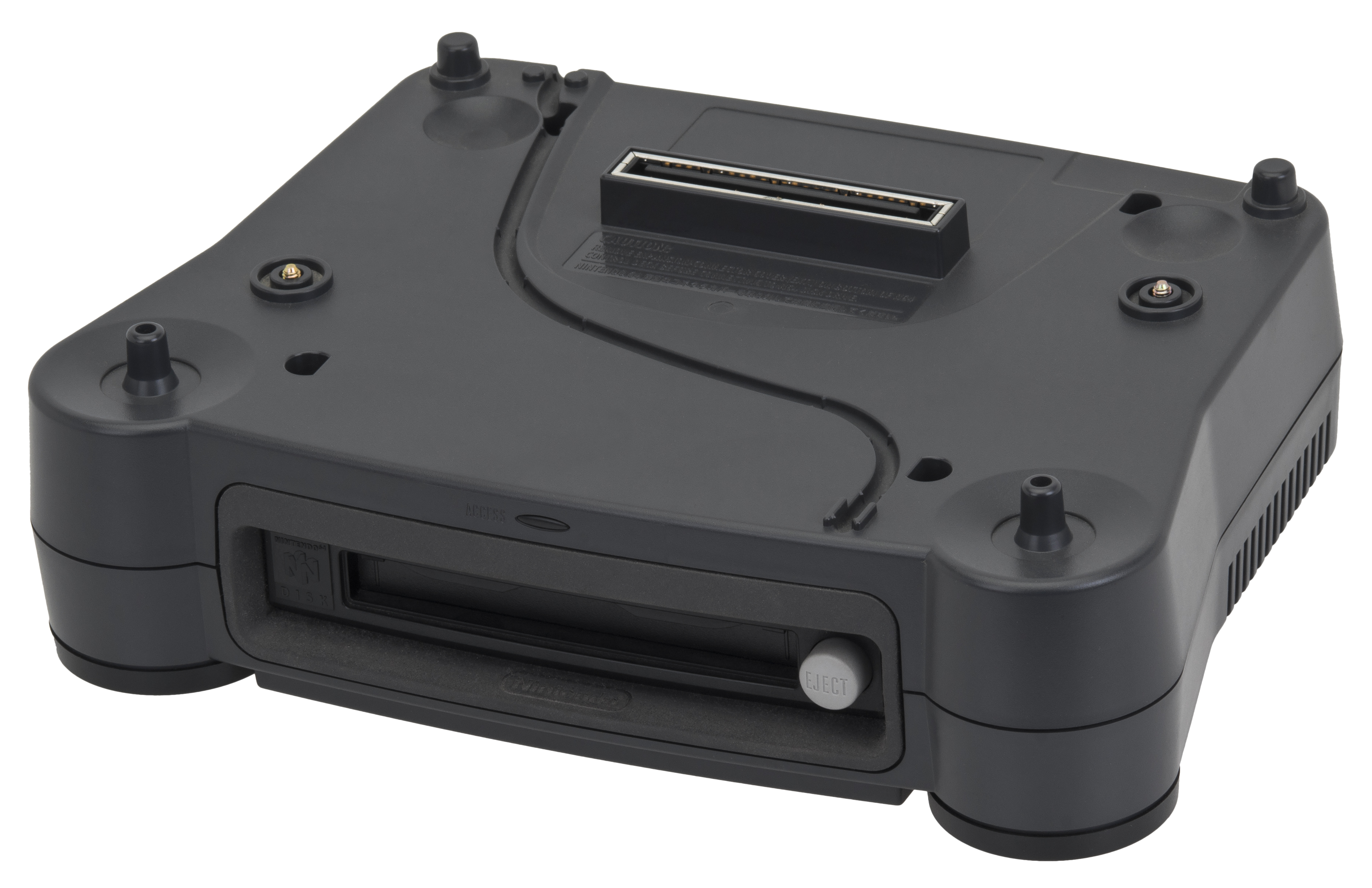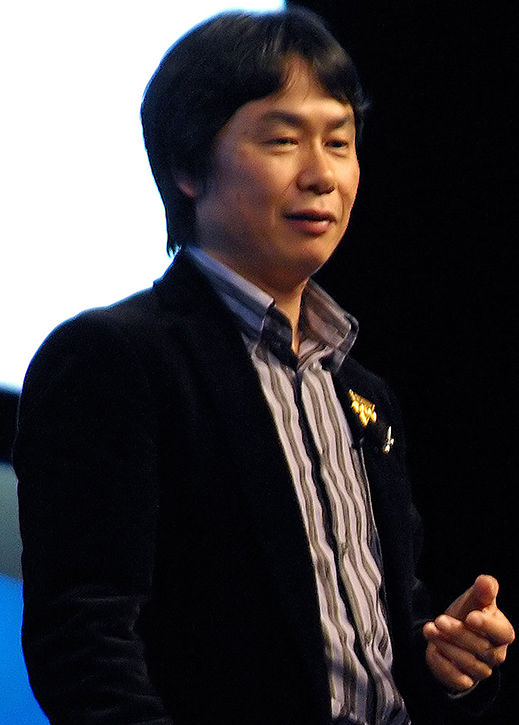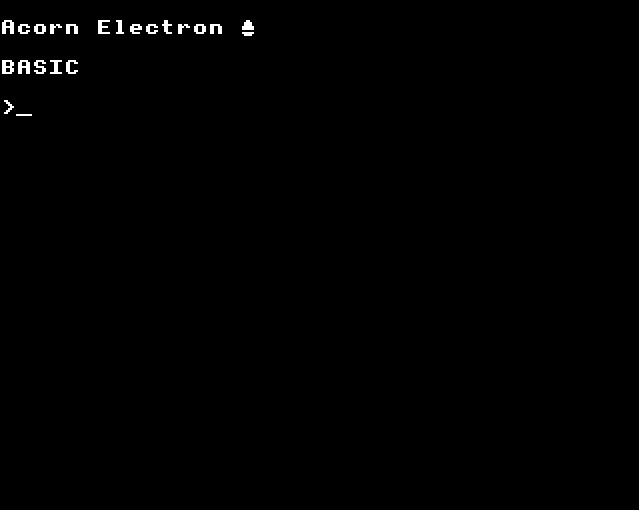|
SimCity
''SimCity'' is an open-ended city-building video game franchise originally designed by Will Wright. The first game in the series, '' SimCity'', was published by Maxis in 1989 and was followed by several sequels and many other spin-off ''Sim'' titles, including 2000's ''The Sims'', which itself became a best-selling computer game and franchise. Maxis developed the series independently until 1997, and continued under the ownership of Electronic Arts until 2003. EA commissioned various spinoffs from other companies during the 2000s, focusing on console and mobile releases. A 2013 EA-Maxis reboot was subject to what has been described as "one of the most disastrous launches in history", which may have triggered the 2015 shutdown of Maxis Emeryville and the end of the franchise. Gameplay ''SimCity'' titles are real-time management and construction simulators. Across most titles, the player (acting as mayor) is given a blank map to begin and must expand the city with the bu ... [...More Info...] [...Related Items...] OR: [Wikipedia] [Google] [Baidu] |
Maxis
Maxis is an American video game developer and a Division (business), division of Electronic Arts (EA). The studio was founded in 1987 by Will Wright (game designer), Will Wright and Jeff Braun, and acquired by Electronic Arts in 1997. Maxis is best known for its simulation games, including ''The Sims'', ''Spore (2008 video game), Spore'' and ''SimCity''. History Independent studio (1987–1997) Maxis was founded in 1987 by Will Wright (game designer), Will Wright and Jeff Braun to help publish ''SimCity (1989 video game), SimCity'' on home computers. Before then, the game was only available on a limited basis on the Commodore 64 due to few video game publisher, publishers showing any interest in porting a non-traditional game without definite "win" and "lose" conditions. The title went on to become one of the most popular and successful video games of all time. The SimCity, ''SimCity'' series became a staple for the company and spawned multiple sequels and spin-offs. To n ... [...More Info...] [...Related Items...] OR: [Wikipedia] [Google] [Baidu] |
Will Wright (game Designer)
William Ralph Wright (born January 20, 1960) is an American video game designer and co-founder of the game development company Maxis, which later became part of Electronic Arts. In April 2009, he left EA to run Stupid Fun Club Camp, an entertainment think tank in which Wright and EA are principal shareholders. The first computer game Wright designed was '' Raid on Bungeling Bay'' in 1984, but it was ''SimCity'' that brought him to prominence. The game was published by Maxis, which Wright co-formed with Jeff Braun. Wright continued to innovate on the game's central theme of simulation with numerous other titles including '' SimEarth'' and '' SimAnt''. Wright has earned many awards for his work in game design. He is best known for being the original designer of ''The Sims'' series, of which Maxis developed the first entry in 2000. The game spawned multiple sequels, including ''The Sims 2'', '' The Sims 3'', '' The Sims 4'' and their expansion packs. His latest work, ''Spore'', re ... [...More Info...] [...Related Items...] OR: [Wikipedia] [Google] [Baidu] |
Tilted Mill Entertainment
Tilted Mill Entertainment is a video game developer located in Winchester, Massachusetts. It was founded in 2002 by former Impressions Games lead designer and general manager Chris Beatrice, business manager Peter Haffenreffer, and designer Jeff Fiske. The studio is known for its city-building games. The company has employed 20 staff in design, programming, creative, and administrative roles. Tilted Mill is a reference to Don Quixote (" Tilting at windmills"). Tilted Mill developed the fifth game of the '' SimCity series'', titled '' SimCity Societies'' (all previous titles had been developed by Maxis). The game, however, was criticized for its lack of the traditional ''SimCity'' gaming formula. On July 11, 2008, Tilted Mill announced the creation of their first independent game titled '' Hinterland''. According to Tilted Mill's website, "In Hinterland, you build up and lead a small village, populated by simple townsfolk struggling to survive and prosper in the wild back count ... [...More Info...] [...Related Items...] OR: [Wikipedia] [Google] [Baidu] |
Nintendo 64DD
The is a peripheral developed by Nintendo to expand the capabilities of the Nintendo 64 with floppy disk, rewritable magnetic disks and online connectivity. Announced in 1995 before the Nintendo 64's 1996 launch, it faced multiple delays before its release in Japan on December 11, 1999. The "64" references both the Nintendo 64 console and the 64 MB storage capacity of the disks, while "DD" stands for "disk drive" or "dynamic drive". Despite its innovative features, it struggled to gain traction and was discontinued after a short-lived run in Japan. Plugging into the extension port on the console's underside, the 64DD enabled expanded, rewritable data storage via proprietary 64 MB magnetic disks. It introduced a real-time clock for persistent world, persistent game world elements and included a standardized font and audio library to optimize storage efficiency. Its games and hardware accessories allowed users to create movies, characters, and animations for use across v ... [...More Info...] [...Related Items...] OR: [Wikipedia] [Google] [Baidu] |
Nintendo EAD
commonly abbreviated as Nintendo EAD and formerly known as Nintendo Research & Development No.4 Department (abbreviated as Nintendo R&D4), was the largest software development division within the Japanese video game company Nintendo. It was preceded by the ''Creative Department'', a team of designers with backgrounds in art responsible for many different tasks, to which Shigeru Miyamoto and Takashi Tezuka originally belonged. Both served as managers of the EARD studios and were credited in every game developed by the division, with varying degrees of involvement. Nintendo EAD was best known for its work on games in the ''Donkey Kong'', ''Mario (franchise), Mario'', ''The Legend of Zelda'', ''F-Zero'', ''Star Fox'', ''Animal Crossing'', ''Pikmin'', and ''Wii (video game series), Wii'' series. Following a large company restructuring after the death of company president Satoru Iwata, the division merged with Nintendo's Software Planning & Development division in September 2015, be ... [...More Info...] [...Related Items...] OR: [Wikipedia] [Google] [Baidu] |
Superior Software
Superior Interactive (formerly known as Superior Software Ltd) is a video game publisher. It was one of the main publishers for the BBC Micro and Acorn Electron computers in the 1980s and early 1990s, and occasionally published software to the Commodore 64, Amiga, ZX Spectrum and Amstrad CPC. It currently releases games for Microsoft Windows, iOS and Android, mostly updates of its original games. History Per its original name, Superior Software was founded in 1982 by software writers Richard Hanson and John Dyson, university graduates with degrees in Computational Science and Physics of Natural Resources respectively. They had previously programmed software published by Micro Power, and they wrote Superior's first four game releases for the BBC Micro; three were written by Hanson and one by Dyson. Describing the early days, Hanson commented: Key management included Steve Botterill as general manager, and Chris Payne as marketing manager. By the end of 1983, the business h ... [...More Info...] [...Related Items...] OR: [Wikipedia] [Google] [Baidu] |
Nintendo
is a Japanese Multinational corporation, multinational video game company headquartered in Kyoto. It develops, publishes, and releases both video games and video game consoles. The history of Nintendo began when craftsman Fusajiro Yamauchi founded the company to produce handmade ''hanafuda'' playing cards. After venturing into various lines of business and becoming a public company, Nintendo began producing toys in the 1960s, and later video games. Nintendo developed its first arcade games in the 1970s, and distributed its first system, the Color TV-Game in 1977. The company became internationally dominant in the 1980s after the arcade release of ''Donkey Kong (1981 video game), Donkey Kong'' (1981) and the Nintendo Entertainment System, which launched outside of Japan alongside ''Super Mario Bros.'' in 1985. Since then, Nintendo has produced some of the most successful consoles in the video game industry, including the Game Boy (1989), the Super Nintendo Entertainment Syste ... [...More Info...] [...Related Items...] OR: [Wikipedia] [Google] [Baidu] |
Acorn Electron
The Acorn Electron (nicknamed the Elk inside Acorn and beyond) was introduced as a lower-cost alternative to the BBC Micro educational/home computer, also developed by Acorn Computers, to provide many of the features of that more expensive machine at a price more competitive with that of the ZX Spectrum. It has 32 kilobytes of random-access memory, RAM, and its read-only memory, ROM includes BBC BASIC II together with the Acorn MOS, operating system. Announced in 1982 for a possible release the same year, it was eventually introduced on 25 August 1983 priced at £199. The Electron is able to save and load programs onto compact audio cassette, audio cassette via a cable, originally supplied with the computer, connecting it to any standard tape recorder with the appropriate sockets. It is capable of bitmapped graphics, and can use either a contemporary television set, a colour (RGB) monitor or a monochrome monitor as its display. Several expansions were made available to provide m ... [...More Info...] [...Related Items...] OR: [Wikipedia] [Google] [Baidu] |
HAL Laboratory
formerly shortened as HALKEN, is a Japanese video game developer based in Chiyoda, Tokyo. It was founded on February 21, 1980 by Mitsuhiro Ikeda. The company started out developing games for home computers of the era, but has since established a strong relationship with Nintendo, and is often referred to as a second-party developer. In 1991, a second office in Kai, Yamanashi was established. The company is best known for its work on the ''Kirby (series), Kirby'' and ''Mother (video game series), Mother'' series, and the first two ''Super Smash Bros.'' games. Its logo, which depicts a dog incubating eggs, is meant to represent "an unexpected bond [...] one that brings the birth of something new." History HAL Laboratory was founded on February 21, 1980, and originally developed games for home computers, such as the MSX and VIC-20. There have been conflicting claims on the origin of the company's name. During a Game Developers Conference, GDC 2005 keynote, Satoru Iwata stated t ... [...More Info...] [...Related Items...] OR: [Wikipedia] [Google] [Baidu] |
Babaroga (game Company)
Babaroga, LLC. (usually styled babaroga) is a Chicago, Illinois-based video game developer specializing in iOS, Windows, Android, and Feature Phone games. The company has created many licensed games for publishers such as Electronic Arts, and Disney Interactive, as well as original titles with publishers such as Microsoft and Glu. Babaroga, LLC., provides engineering and design services to the video game industry. The company's focus is to create content on mobile, hand-held and console platforms. History In 2002 Babaroga was founded by owner and CEO, Andreja Djokovic in Chicago, IL. In the early days of the company, Babaroga focused primarily on creating games for feature phones, establishing a foothold in a new and emerging sector of portable gaming. Babaroga forged relationships with various publishers such as Jamdat, Gameloft, Electronic Arts, Disney Interactive to release over 50 feature phone games. In 2007, when smartphones were introduced, Babaroga adapted its exis ... [...More Info...] [...Related Items...] OR: [Wikipedia] [Google] [Baidu] |
Nintendo DS
The is a foldable handheld game console produced by Nintendo, released globally across 2004 and 2005. The DS, an initialism for "Developers' System" or "Dual Screen", introduced distinctive new features to handheld games: two LCD screens working in tandem (the bottom of which is a touchscreen), a built-in microphone, and support for wireless network, wireless connectivity. Both screens are encompassed within a clamshell design similar to the Game Boy Advance SP. The Nintendo DS also features the ability for multiple DS consoles to directly interact with each other over Wi-Fi within a short range without the need to connect to an existing wireless network. Alternatively, they could interact online using the now-defunct Nintendo Wi-Fi Connection service. Its main competitor was Sony Interactive Entertainment, Sony's PlayStation Portable during the seventh generation of video game consoles. Prior to its release, the Nintendo DS was marketed as an experimental "third pillar" in Nin ... [...More Info...] [...Related Items...] OR: [Wikipedia] [Google] [Baidu] |
Amiga
Amiga is a family of personal computers produced by Commodore International, Commodore from 1985 until the company's bankruptcy in 1994, with production by others afterward. The original model is one of a number of mid-1980s computers with 16-bit or 16/32-bit processors, 256 KB or more of RAM, mouse-based GUIs, and significantly improved graphics and audio compared to previous 8-bit systems. These include the Atari ST as well as the Macintosh 128K, Macintosh and Acorn Archimedes. The Amiga differs from its contemporaries through custom hardware to accelerate graphics and sound, including sprite (computer graphics), sprites, a blitter, and four channels of sample-based audio. It runs a pre-emptive multitasking operating system called AmigaOS, with a desktop environment called Workbench (AmigaOS), Workbench. The Amiga 1000, based on the Motorola 68000 microprocessor, was released in July 1985. Production problems kept it from becoming widely available until early 1986. While ... [...More Info...] [...Related Items...] OR: [Wikipedia] [Google] [Baidu] |





